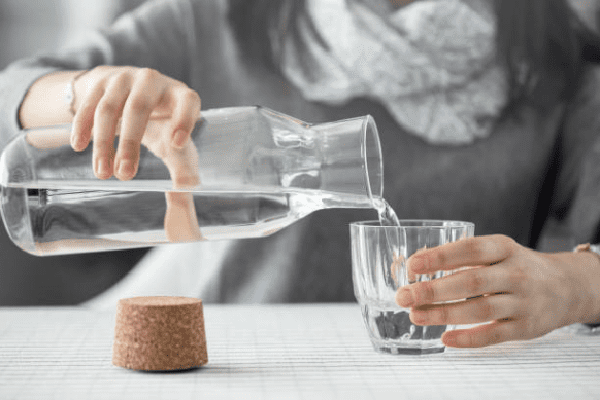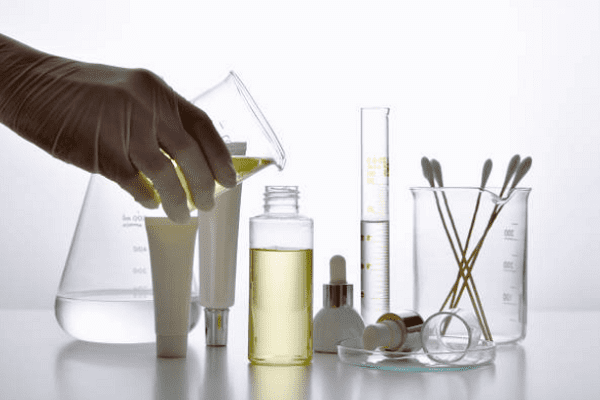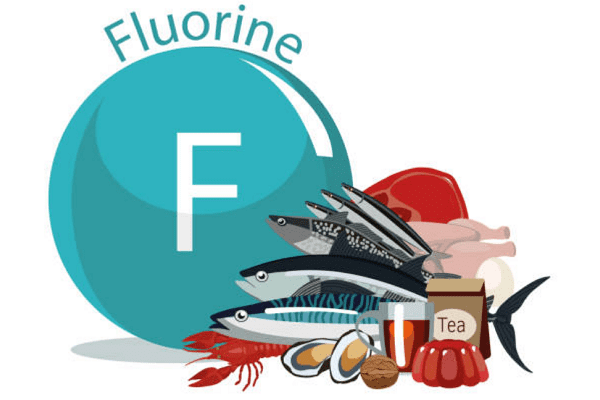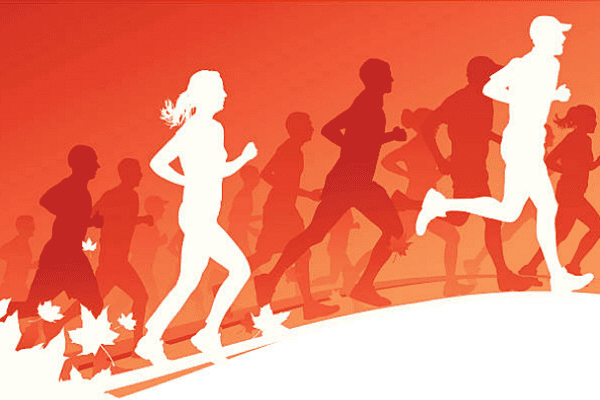Endocrinology >>>> Diabetes insipidus
Diabetes insipidus.

Diabetes insipidus is a rare condition, but adults of both sexes and children can be affected. Especially frequent cases of diabetes insipidus in the period from 18 to 30 years. This disease has a second name - diabetes insipidus, it most accurately reflects the essence of the disease, which consists in the excretion of a large amount of urine of low concentration.
Under normal circumstances, the kidneys are involved in the elimination of a certain amount of urine, depending on how much fluid is drawn in and stored in the body. With a decrease in fluid intake, the kidneys reduce urine production and fluid excretion from the body, respectively, with an increase in fluid intake and accumulation in tissues, the kidneys produce more urine, reducing the excessive amount of fluid in the body. Thus, the fluid balance is constantly monitored by the urinary system. The activity of the kidneys for the production of urine is regulated by the hypothalamus and pituitary gland (one secretes the hormone vasopressin, and the other stores this hormone and ensures its entry into the body if necessary).
Vasopressin is an antidiuretic hormone, due to which the reabsorption of water by the kidneys is regulated, the concentration of urine increases, but its volume decreases, the liquid (water) does not fully enter the urinary system, but is absorbed back into the blood. Normally, this hormone suppresses the excretion of fluid at critical moments in the life of the body, for example, with large blood loss or shock, but under conditions of a lack of vasopressin, the daily excretion of urine in a person can reach 20 liters, although the norm per day is about 1.5 liters. That is, the liquid is excreted in a much larger volume than necessary, and in fact, dehydration of the body begins. Vasopressin is practically the only hormone that physiologically regulates the excretion of water by the kidneys. And if its activity or its secretion is disturbed, then diabetes insipidus develops.
Since the causes of diabetes insipidus are directly related to the disruption of the work of vasopressin, then the source of the disease is sought in this area:
- Tumors of the hypothalamus or pituitary gland,
- Postoperative complications in brain surgery,
- Congenital anomalies of endocrine processes,
- Craniocerebral trauma,
- Damage to the kidney or renal tubules,
- As a result of chronic renal failure,
- Renal polycystic or amyloidosis,
- hypocalcemia,
- Therapy with certain drugs that are toxic to the kidneys, or to the secretion and work of vasopressin.
Signs of diabetes insipidus:
- Intense constant thirst;
- A large volume of urine excreted during the day (can be measured, for example, by collecting urine in glassware of a certain size - in mild form diabetes insipidus is 2-2.5 liters per day, in severe form - up to 20 liters of urine per day) ;
- Seizures may develop;
- Drowsiness or insomnia, fatigue, irritability, headache appear;
- The skin loses its turgor and becomes dry;
- Decreases body weight;
- There is a tendency to constipation;
- Sweating decreases;
- Decreases blood pressure;
- Tachycardia appears;
- In some cases, urinary incontinence can develop as a result of a stretched bladder and a malfunction of its sphincter.
Sometimes there are situations when it is not possible to establish the exact cause of the development of diabetes insipidus, or the disease provoking it does not lend itself to medical methods of influence, then the treatment of diabetes insipidus is carried out according to the existing symptoms.
When the volume of urine excreted per day is not more than 4 liters, the diet is changed to a low-salt, non-alcoholic diet, excluding foods that cause thirst and low-protein (if it is in the kidneys). Drink enough fluids to quench your thirst.
If the volume of urine excreted per day is more than 4 liters, substitution therapy drugs are prescribed to simulate the action similar to the action of the hormone vasopressin (Minirin) or to stimulate it (Chlorpropamide, Carbamazepine, Miskleron).
In renal diabetes insipidus, thiazide diuretics are prescribed, which, in contrast to other diuretics, increase the reabsorption of water. To improve general well-being, restore sleep, reduce irritability, prescribe sedative preparations, valerian, peony tincture, novo-passit.

Read

Read


























